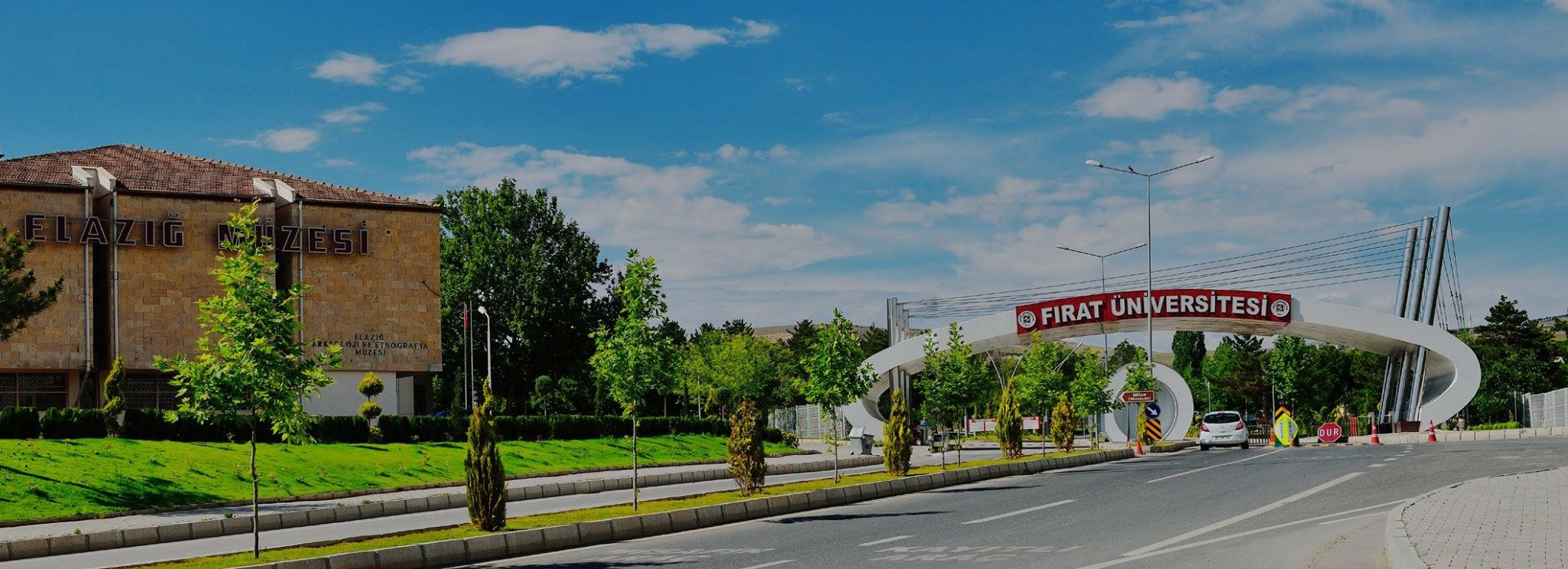
About
About Our Department
History
Our department was founded in 1982. The department currently employs 14 faculty members, including 6 Prof. Dr., 2 Assoc. Prof. Dr., 4 Assistant Professors, 1 Research Assistant, and 1 Lecturer. Our department provides education in 4 main branches: General Sociology and Methodology, Sociology of Institutions, Sociometry, and Applied Sociology. The number of active students in our department is approximately 300. There are also Master's and Doctorate programs. By using all the opportunities of modern education, we try to provide our students with an education that will compete with other universities in the national and international arena. Our department graduates are employed in both the public and private sectors.
Educational and Research Objectives:
Sociology is a basic science branch that examines social reality from the perspective of social change, both theoretically and practically. Sociological knowledge and thinking skills direct the person to develop a critical perspective and attitude towards the society and the world in which he/she lives; at the same time, it encourages the use of this knowledge in projects aimed at serving society and humanity. As the Department of Sociology, our primary goal is to provide students with a solid theoretical formation regarding the general issues of sociology. In addition, specialization courses are offered in areas such as social structure research, gender sociology, women's studies, environmental sociology, cultural sociology, social anthropology, development sociology, sociology of religion, village and urban sociology, migration sociology and crime sociology in line with the areas of expertise of the academic staff in the department.
The main objective of the Department in teaching activities is to ensure that students are theoretically and methodologically equipped by taking into account theoretical and empirical discussions and innovations within the body of sociological knowledge. In this context, it is important to provide students with an academic and intellectual environment that will help them gain the best possible professional knowledge, skills and experience, and to train them as qualified sociologists and researchers. On the other hand, the main research aim of the Department is to conduct scientific research in order to examine social, cultural, economic and political issues, develop social policy proposals and evaluate the results of the application, with an interest in both the theoretical discussions that develop within sociology and the understanding of social problems. In this context, the Department also supports the design and execution of research conducted by civil society organizations as well as public institutions.
Main Research Areas
Although the research areas of the department vary greatly depending on the individual expertise and interests of its staff and students, it is possible to group them in very general terms under the titles of family and intra-family relations, gender, old age, youth, environment-ecology, migration, health, working life, urban, rural and agricultural sociology, cultural sociology, disability, art, social identity, ethnic and minority groups, social control, crime and deviation, social change, social stratification and social classes.
* Erasmus, Mevlana and Farabi exchange programs are carried out within the framework of the protocols made for our students and academic staff.
Master's/Doctorate Opportunity:
Our aim in master's education is to ensure that our students are trained in a way that has the basic theoretical and methodological equipment required by the academic world. On the other hand, it is aimed to train researchers with the research qualification required by research areas outside the academy and other job markets.
Titles/Employment Areas for Graduates:
A student who graduates from the Department of Sociology can find a wide range of jobs in both the public and private sectors. Graduates of the Department of Sociology can work as philosophy group teachers in secondary schools and private teaching institutions, provided that they first receive teacher training. In addition, some of the other fields of work are: State Planning Organization (SPO), Family Research Institution, State Institute of Statistics (DIE), Ministry of Justice, Ministry of Health, Ministry of Internal Affairs, Ministry of Tourism, Ministry of Food, Agriculture and Livestock, Ministry of Family and Social Policies, Ministry of Youth and Sports, municipalities, banks, advertising and marketing companies, large holdings, non-governmental organizations, media organizations, public relations departments of companies. Graduates of the Department of Sociology can also take part in social science research in research companies when they gain a sufficient and necessary research qualification, and they can also have the qualification to conduct research themselves.
* Students of the Sociology Department can be appointed as Philosophy Group Teachers to educational institutions affiliated with the Ministry of National Education by taking at least 16 credits of Philosophy, 8 credits of Logic and 16 credits of Psychology.
Our Mission
The mission of our department is to train sociologists who are equipped with international knowledge, who have the basic theoretical and methodological formation of the discipline of social science in general and sociology in particular, who understand, explain, interpret and criticize the dynamics of formation, change and transformation of social life at both local and global levels. To provide scientific contribution to the production of social, cultural, political and economic policies aimed at the identification and solution of social problems.
Our Vision
Our vision is that scientific knowledge and understanding contribute to the creation and maintenance of a just, peaceful, prosperous and secure world for everyone.
Quick Access